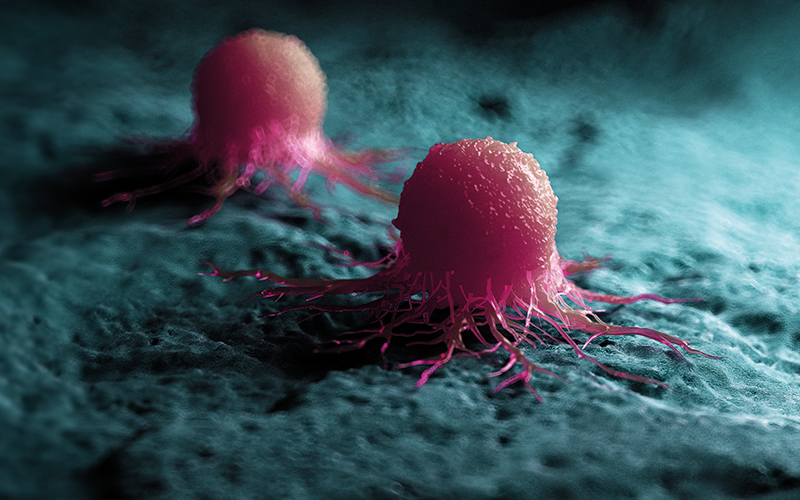A Japanese team of scientists has examined the effects of the accumulation of stepwise gene mutations on cell competition and investigated its role in the cancer formation process.

The study results showed that when Wnt signals were activated in epithelial cells, cell competition function was altered. Activated Ras mutant epithelial cells, which would normally be eliminated into the lumen, instead infiltrated diffusely into the tissue to form highly invasive cancerous tumours.
Senior author Professor Shunsuke Kon said: “We discovered that in epithelial tissues where Wnt and Ras signals, which commonly occur in human colorectal cancer, are activated in stages, the function of cell competition is altered.
It was revealed that the production of cancer cells that diffusely infiltrate into the interstitium is promoted.”
The research team identified an increased expression of matrix metalloproteinase 21 (MMP21) as one of the mechanisms underlying the production of diffusely invasive cancer cells in early colorectal cancer due to abnormal cell competition. This, in turn, was shown to be directly caused by activation of nuclear factor kappa B (NF-κB) signals via the innate immune system. Blocking NF-κB signalling restored the luminal elimination of Ras mutant epithelial cells.
These findings raise questions, such as: “How do surrounding cells recognise transformed cells and prepare them for cellular extrusion?” and “How do transformed cells sense the cellular content that leads to the NF-κB-MMP21 pathway?”
The results of this research show that cancer cells with accumulated, sequential genetic mutations, alter the function of cell competition and use it to enhance their own invasive ability.
Image credit | Shutterstock



